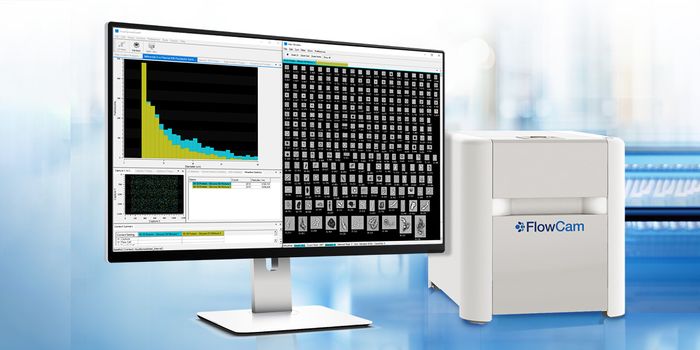New Role for Protein Complex Provides Insight Into Cancer Development
When our cells have to divide, all the genetic material they contain must be duplicated and then properly distributed to the two new cells so that each one gets 23 pairs of chromosomes. When that process goes awry in a developing organism, it can lead to serious developmental disorders; it is also associated with cancer. Now, researchers have revealed more about the molecular processes underlying chromosome segregation, which provides insight into why aggressive kidney tumors develop in some children. The work has been reported in The Journal of Cell Biology.
"When a cell makes a decision to divide it needs to make sure its DNA is equally segregated between both daughter cells," explained Tina Sing, who led this work in the lab of Professor Grant Brown at the Donnelly Centre and Department of Biochemistry at the University of Toronto. "The cells must first replicate their DNA and then they have to pull apart these two copies of the DNA so that each daughter cell receives one complete copy of the entire genome."
There are a number of diseases caused by the uneven distribution of chromosomes. People with an extra copy of chromosome 21 have Down syndrome. Women who lack the second copy of the X chromosome are sterile; a disorder called Turner syndrome. Chromosomal abnormalities are also often seen in cancer cells that can outgrow normal cells.
Related: A Pair of Genomes is Best
Sing, now a postdoctoral researcher at Berkeley, found that protein machinery used by the cell called the ‘risk complex’ for RSC (remodels the structure of chromatin), helps to split up the chromosomes evenly when a cell divides into daughter cells. RSC does this by helping to form a cellular structure called a centrosome, which acts to pull chromosomes apart.
"We found that if cells lack RSC function then this causes abnormal DNA segregation and a spontaneous doubling of chromosome number in cells," said Sing.
In this research, Sing and Brown used a budding yeast model to show that when RSC is not working, the yeast cells behave as cancer would. The cells also had an unusually high number of chromosomes and had too many centrosomes. The yeast with mutated RSC had far more than the usual two centrosomes per cell, making the even separation of chromosomes extremely challenging.
RSC has been known as a molecule that helps control the expression of genes. This work ties other groups' findings on the protein complex in with a role for segregating chromosomes. It may indicate how one kind of childhood cancer forms.
When humans have certain mutations in their RSC gene, chromosome number can go up spontaneously. Such mutations have also been identified in very aggressive kidney cancer tumor cells. Yeast has helped show how these events might happen.
"It's always surprising to think about how fundamental processes in yeast also take place in humans," Sing noted. "We think that our study gives some insight into this observation in cancer cells and we think it's possible that this complex is also helping with chromosome segregation in human cells."
Sing started by looking at the known roles of RSC, but during that study, found that in cells where RSC wasn’t active, there were too many chromosomes. "The increase in chromosomes was more interesting than what we were looking for," she said. "I think the study is a good example of how sometimes when you set out to study a specific biological problem you can be surprised by the data that you find and sometimes just following your curiosity down a different path can lead to understanding another aspect of biology."
Sources: AAAS/Eurekalert! Via University of Toronto, Journal of Cell Biology








